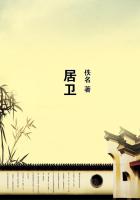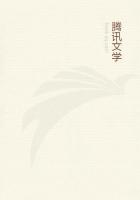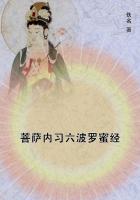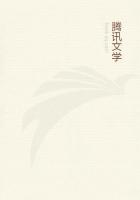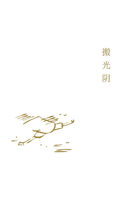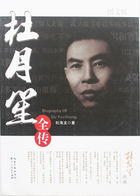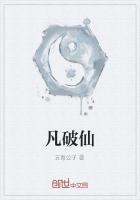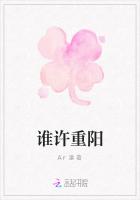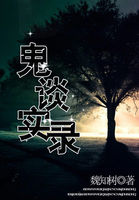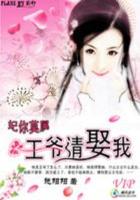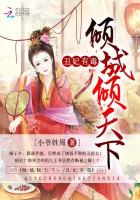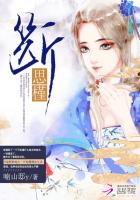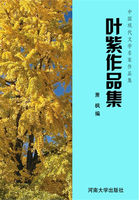We have seen how impersonal is the form which Far Eastern thought assumes when it crystallizes into words. Let us turn now to a consideration of the thoughts themselves before they are thus stereotyped for transmission to others, and scan them as they find expression unconsciously in the man's doings, or seek it consciously in his deeds.
To the Far Oriental there is one subject which so permeates and pervades his whole being as to be to him, not so much a conscious matter of thought as an unconscious mode of thinking. For it is a thing which shapes all his thoughts instead of constituting the substance of one particular set of them. That subject is art.
To it he is born as to a birthright. Artistic perception is with him an instinct to which he intuitively conforms, and for which he inherits the skill of countless generations. From the tips of his fingers to the tips of his toes, in whose use he is surprisingly proficient, he is the artist all over. Admirable, however, as is his manual dexterity, his mental altitude is still more to be admired; for it is artistic to perfection. His perception of beauty is as keen as his comprehension of the cosmos is crude; for while with science he has not even a speaking acquaintance, with art he is on terms of the most affectionate intimacy.
To the whole Far Eastern world science is a stranger. Such nescience is patent even in matters seemingly scientific. For although the Chinese civilization, even in the so-called modern inventions, was already old while ours lay still in the cradle, it was to no scientific spirit that its discoveries were due. Notwithstanding the fact that Cathay was the happy possessor of gunpowder, movable type, and the compass before such things were dreamt of in Europe, she owed them to no knowledge of physics, chemistry, or mechanics.
It was as arts, not as sciences, they were invented. And it speaks volumes for her civilization that she burnt her powder for fireworks, not for firearms. To the West alone belongs the credit of manufacturing that article for the sake of killing people instead of merely killing time.
The scientific is not the Far Oriental point of view. To wish to know the reasons of things, that irrepressible yearning of the Western spirit, is no characteristic of the Chinaman's mind, nor is it a Tartar trait. Metaphysics, a species of speculation that has usually proved peculiarly attractive to mankind, probably from its not requiring any scientific capital whatever, would seem the most likely place to seek it. But upon such matters he has expended no imagination of his own, having quietly taken on trust from India what he now professes. As for science proper, it has reached at his hands only the quasimorphologic stage; that is, it consists of catalogues concocted according to the ingenuity of the individual and resembles the real thing about as much as a haphazard arrangement of human bones might be expected to resemble a man.
Not only is the spirit of the subject left out altogether, but the mere outward semblance is misleading. For pseudo-scientific collections of facts which never rise to be classifications of phenomena forms to his idea the acme of erudition. His mathematics, for example, consists of a set of empiric rules, of which no explanation is ever vouchsafed the taught for the simple reason that it is quite unknown to the teacher. It is not even easy to decide how much of what there is is Jesuitical. Of more recent sciences he has still less notion, particularly of the natural ones. Physics, chemistry, geology, and the like are matters that have never entered his head. Even in studies more immediately connected with obvious everyday life, such as language, history, customs, it is truly remarkable how little he possesses the power of generalization and inference. His elaborate lists of facts are imposing typographically, but are not even formally important, while his reasoning about them is as exquisite a bit of scientific satire as could well be imagined.
But with the arts it is quite another matter. While you will search in vain, in his civilization, for explanations of even the most simple of nature's laws, you will meet at every turn with devices for the beautifying of life, which may stand not unworthily beside the products of nature's own skill. Whatever these people fashion, from the toy of an hour to the triumphs of all time, is touched by a taste unknown elsewhere. To stroll down the Broadway of Tokio of an evening is a liberal education in everyday art. As you enter it there opens out in front of you a fairy-like vista of illumination.


